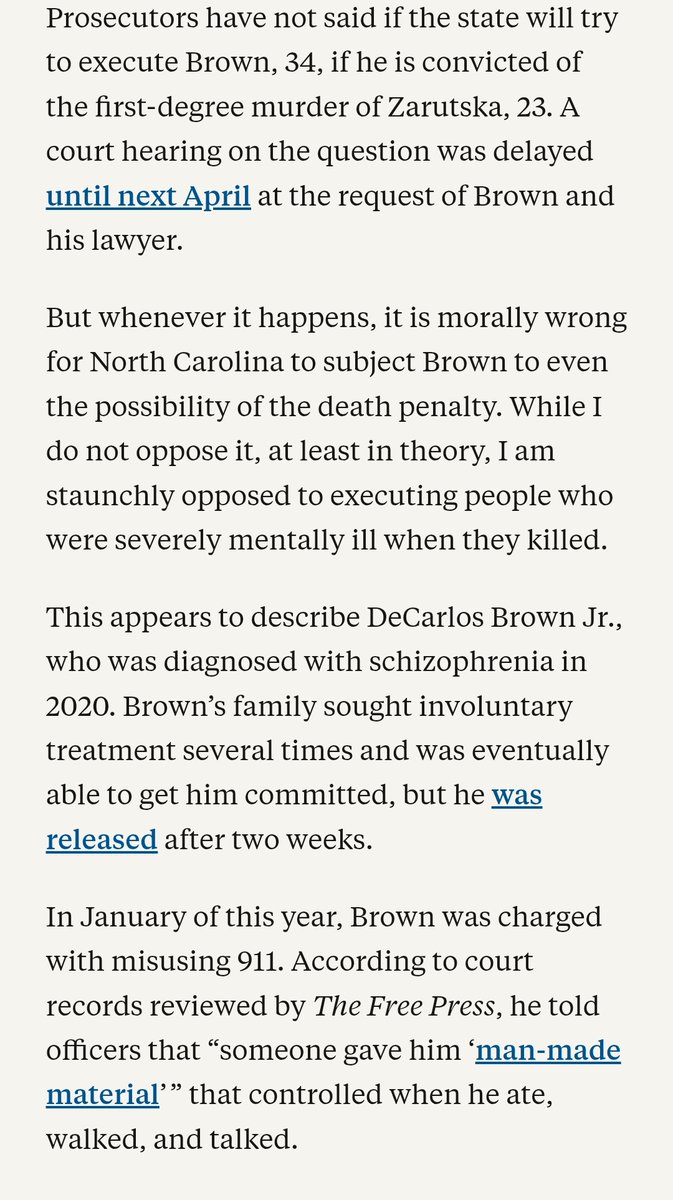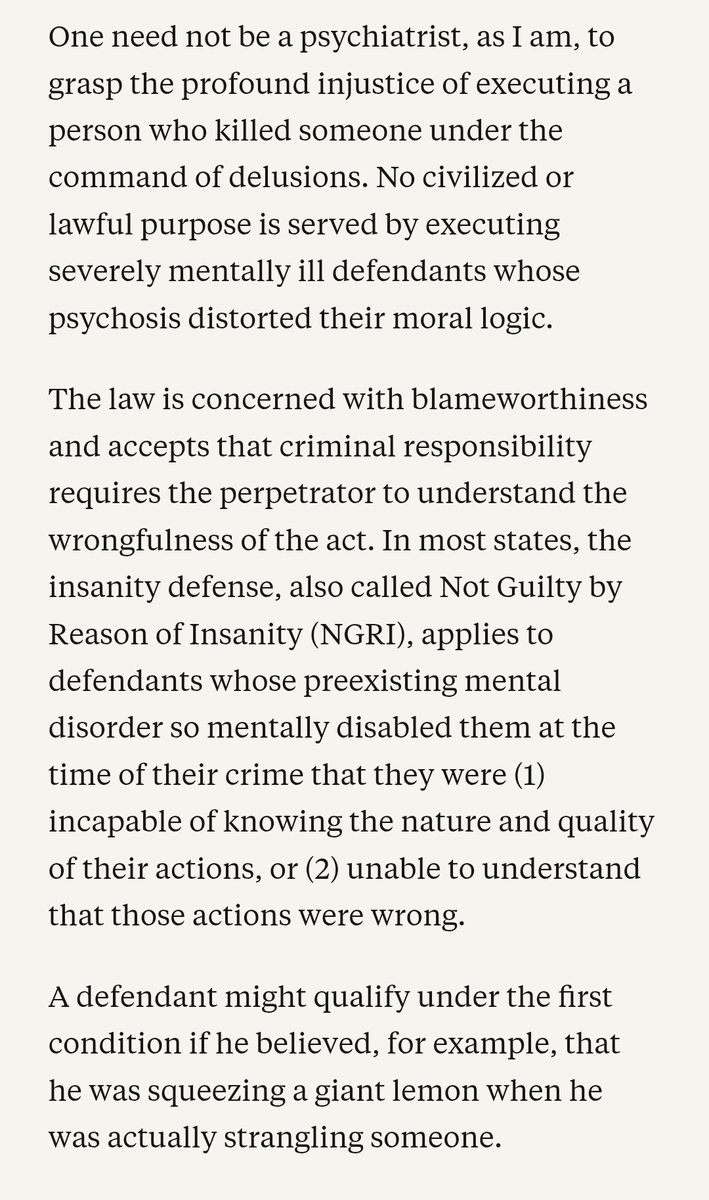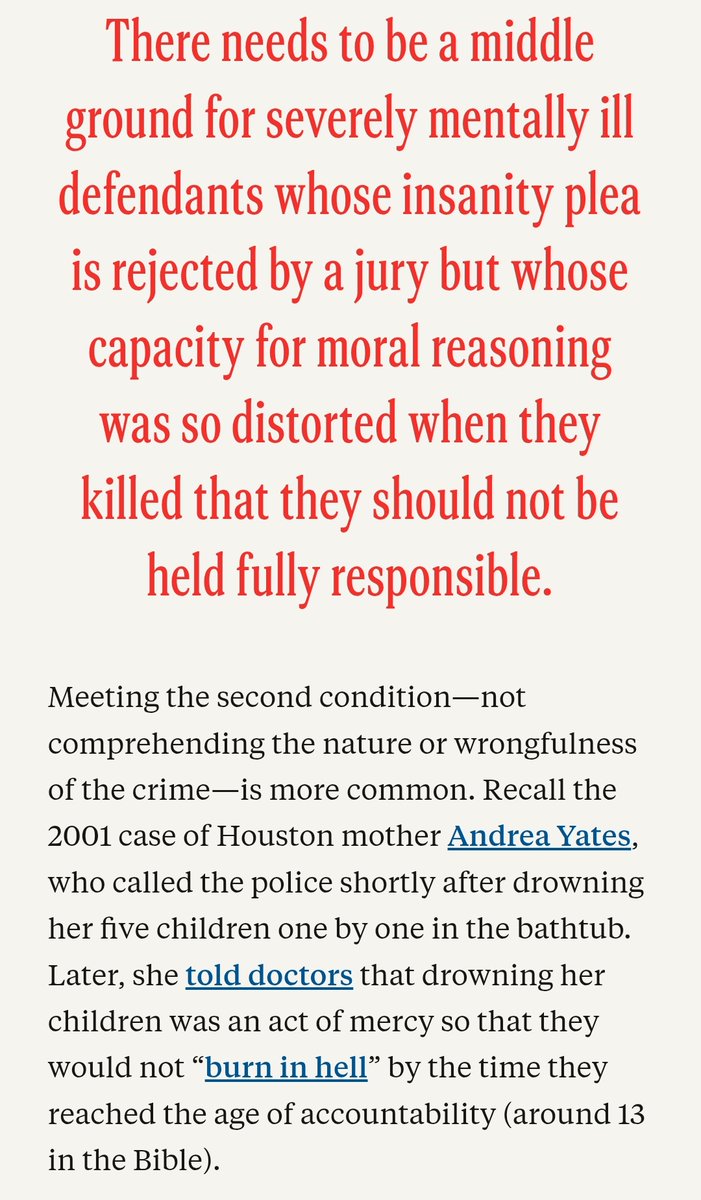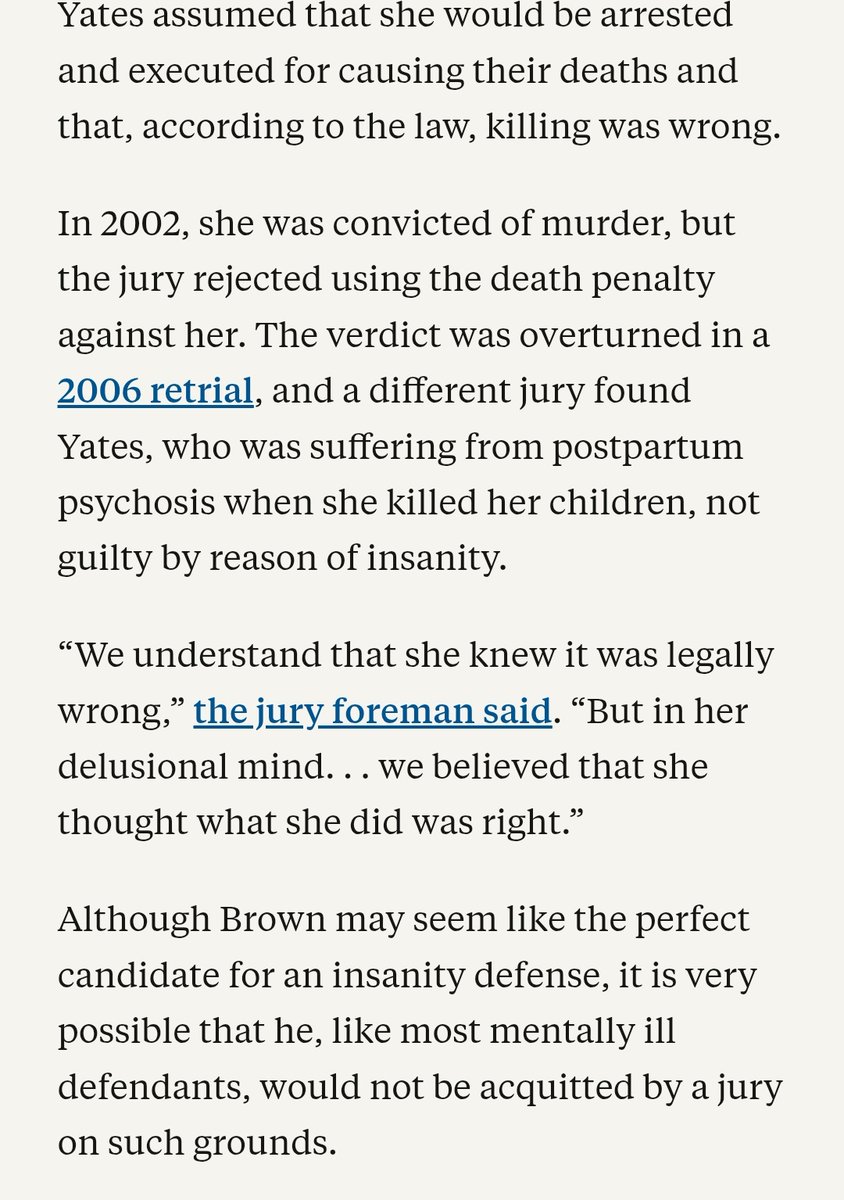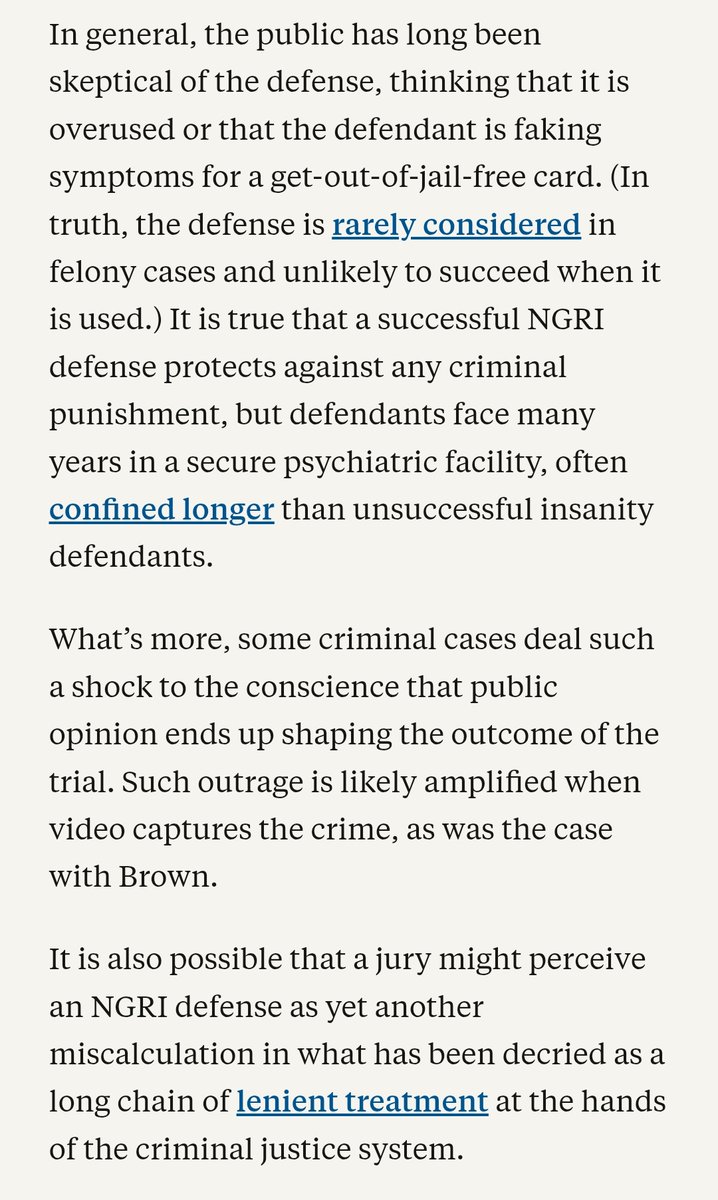Good morning and welcome to Twitter Law School! Today's topic is how facts are found in court, what appellate courts do with those facts, what stipulations are, why they are important, and how stipulations won 303 Creative. Get your caffeine conveyance of choice and let's get it.
American jurisprudence involves applying the law to the facts of the case before the court. Thus, it is very important to establish what the facts of the case are. Facts are decided at the trial court level, either by jury or, in non-jury matters, by the judge.
Facts are decided at the trial level because the trial level is where live testimony is presented and, as a result, the trial court finder of fact can best determine credibility. Even video testimony doesn't convey all nuances. Also, objections are handled by the trial court.
When I say the facts of the case must be decided at the trial court level, I mean every single fact. Everything. As you can imagine, this can be very time consuming. For example, if you are going to introduce a copy of, say, medical records, you can't just put those in evidence.
You have to have a person from the medical provider show up to testify that the records are true and correct copies of the records on file. If you want a copy of a government documents, you have to order a certified copy that contains that true and correct copy attestation on it.
This is massively time consuming. As a result, courts have developed short cuts. Certified copies are deemed to be true and correct so long as the certification is there. Courts can take judicial notice of facts that are established elsewhere (sunrise/sunset time, for example).
The biggest tool used to do this is called stipulations. Stipulations are statements of fact that are agreed to by all the parties in the case. When the parties stipulate to a matter, that fact is established as true for that case. The court rules based on that agreement.
Courts LOVE stipulations and push parties to enter into them. It saves time and it is one less matter for appellate review. Remember, appellate courts do not determine the facts independently. Appellate courts review findings of fact by comparing the findings to the record.
The appellate court is limited to the record, which consists of all the evidence and testimony at the trial court. The parties do not get to introduce new evidence to the appellate court. The appellate court can say a ruling on a fact was erroneous but it can't take new evidence.
So stipulations are very important because that is an absolute determination of a fact and the parties cannot contest it on appeal. The parties can only contest how the law applies to the facts. Thus, a case can be won or lost on stipulations. And Colorado did just that.
Here are the stipulations for 303 Creative. The moment that CO stipulated that Ms. Smith's services were expressive, the case was over. Why? Because expressive speech has long enjoyed robust First Amendment protections. Conceding it was expressive invokes strict scrutiny.




Strict scrutiny means that the state must have both a compelling interest and that there are no less restrictive alternatives to secure that interest. It is the highest standard of review. Both the district court and the 10n Circuit conceded that and then misapplied the test.
It should have been clear that conceding it was expressive speech was going to result in another loss before SCOTUS. This Court isn't the Masterpiece court. This Court was always going to find the strict scrutiny test would fail. It is beyond me why this stipulation was entered.
It is going to be very interesting indeed to see if, in the future, CO is going to try to claim that creating a custom good is NOT an expressive activity. Why? Because CO just made a judicial admission that such activities are expressive and courts take that seriously indeed.
So the moral of the story is that it is very important to get the facts determined in your favor at the trial court level, stipulations are a great way to do that, and you better know all the ramifications when you enter into a stipulation. Here. Have a red panda. /fin
@ZombieJohnGotti Oh also note that it is not just wedding stuff she refuses to do. The other things, frankly, are what any smart business person would refuse to do.
• • •
Missing some Tweet in this thread? You can try to
force a refresh




